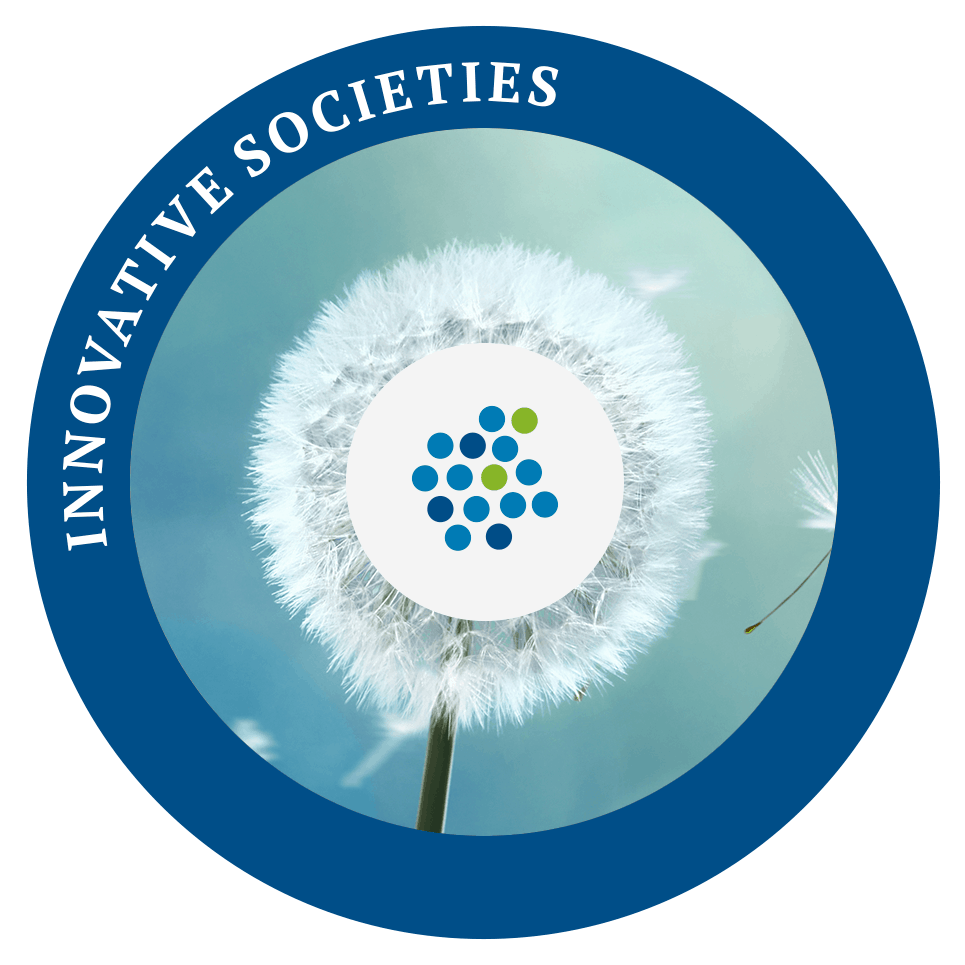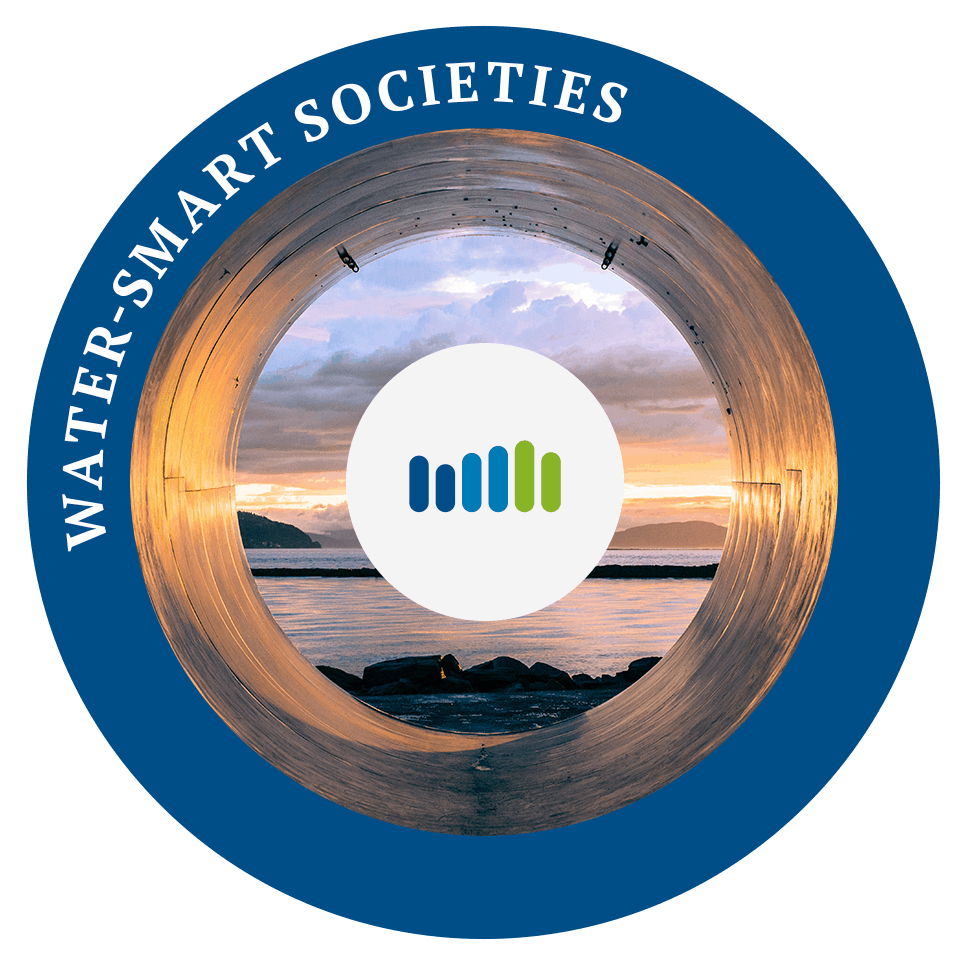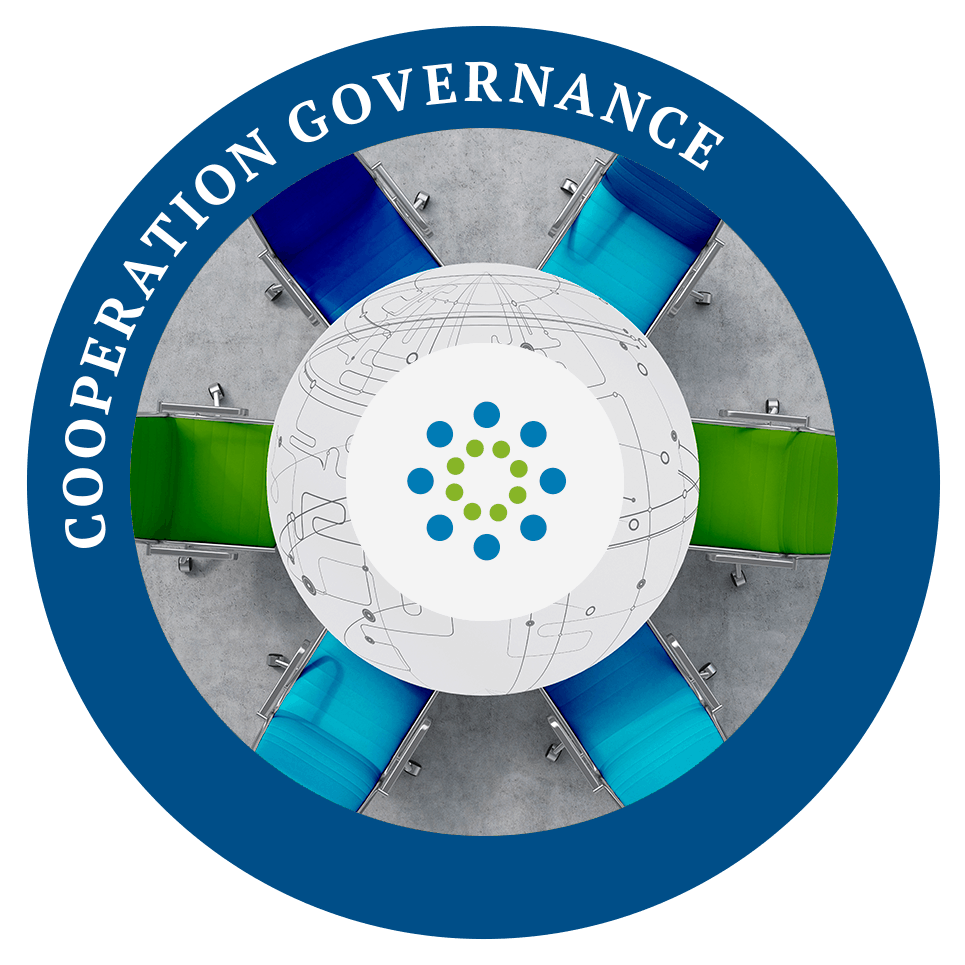priority 3: Climate-neutral Societies
Objective 3.3
Smart green mobility
A green and well-functioning cross-border mobility system is vital for the development of the region. The Programme supports the smooth movement of people and goods in and across urban and rural areas while saving resources by increasing efficiency, integrating different transport modes and accelerating digitalisation.
What is smart green mobility?
The Baltic Sea region has big potential to achieve zero greenhouse gas emissions for the mobility in its cities, towns and rural areas connected to them by using renewable fuels, clean electricity and digitalisation. A green mobility system well-functioning also cross-borders is vital for the development of the Baltic Sea region. The Programme supports actions that ensure the smooth movement of people and goods in and across urban and rural areas while saving resources by increasing efficiency, integrating different transport modes and accelerating digitalisation.
Green and intelligent mobility solutions
The Programme encourages the development of solutions that harmonise mobility systems across borders and thus enabling a coherent use of green mobility solutions. Further, the Programme encourages actions that enhance the capacity of public authorities in national, regional and urban planning to introduce green and intelligent mobility solutions to reduce pollution in cities and towns and their hinterland. The Programme wants to mobilise transport companies and citizens to actively use green and intelligent mobility solutions. In this way the objective does not aim only on introducing technical solutions but also on changes in mobility behaviours and demands.
Charging infrastructure
Sustainable Urban Mobility Plans (SUMPs) offer a strategic and integrated approach for dealing effectively with the complexities of smart and green mobility topics. Therefore, whenever possible the developed mobility solutions should be based on existing SUMPs or be part of the revised or newly developed SUMPs.
What can I do in my project?
We believe our projects help implement several important strategies in our region, and, in particular, the EU Strategy for the Baltic Sea Region and its policy areas Transport, Energy and Spatial Planning.
Harmonise mobility systems
Develop common standards to harmonise mobility systems in order to ensure the compatibility of green solutions between cities, towns their hinterland and across borders, e.g. for charging systems, new modes of vehicles.
Deploy green and multimodal transport solutions
Support national, regional and local public authorities in developing, testing, procuring and deploying green and multimodal transport as an integrated service using digital tools.
Apply digital solutions
Test, introduce and apply digital solutions (big data analytics, real-time data processing, intelligent transport systems) that regulate traffic flow, optimise the transport of people and goods, and predict changing mobility patterns.
Apply e-mobility solutions
Plan and pilot e-mobility, smart grid services and charging stations, including locally-produced electricity, and connect green energy to existing energy grids.
Advance freight mobility
Advance freight mobility through introducing shared solutions and distributed centres using digital platforms to maximise the efficiency of vehicle utilisation.
Advance low-emission, green, smart solutions
Use innovative technologies and planning infrastructure to advance low-emission, green, smart solutions in multimodal transport.
Rethink transport planning
Rethink urban, rural and regional spatial and transport planning adapting to vehicle and service innovation as well as to promote space efficient mobility of all modes (autonomous, connected, electric, shared and active mobility options, e.g. walking and biking).
Foster renewable fuels
Test and deploy innovative technologies and planning infrastructure to produce, store and distribute renewable fuels (e.g. biofuels, hydrogen) in cities and regions to replace diesel and petrol in transport.
Support charging infrastructure
Plan charging infrastructure at public transport stations and freight hubs, repurpose gas or petrol stations as charging hubs for renewable fuels.
Get inspired by the ongoing projects
Sign up now
Newsletter subscription
Four priorities & nine objectives
Four priorities for cooperation
Interreg Baltic Sea Region 2021-2027 creates opportunities for organisations to connect
as if there were no borders. With experience and EU funding, we help them cooperate and put their ideas into practice.
Jointly, we make the life of people around the Baltic Sea better.
The Programme is structured along with four priorities. They guide partners in achieving the most when cooperating across borders.
Priority 1
Innovative societies
1.1 Resilient economies and communities
1.2 Responsive public services
Priority 3
Climate-neutral societies
3.1 Circular economy
3.2 Energy transition
3.3 Smart green mobility
Overview: all the Programme objectives
Resilient economies and communities
Objective 1.1
under Priority 1: Innovative societies
Sustainable waters
Objective 2.1
under Priority 2: Water-smart societies
Circular economy
Objective 3.1
under Priority 3: Climate-neutral societies
Project platforms
Objective 4.1
under Priority 4: Cooperation governance
Responsive public service
Objective 1.2
under Priority 1: Innovative societies
Blue economy
Objective 2.2
under Priority 2: Water-smart societies
Energy transition
Objective 3.2
under Priority 3: Climate-neutral societies
Macro-regional governance
Objective 4.2
under Priority 4: Cooperation governance
Resilient economies and communities
Objective 1.1
under Priority 1: Innovative societies
Responsive public service
Objective 1.2
under Priority 1: Innovative societies
Sustainable waters
Objective 2.1
under Priority 2: Water-smart societies
Blue economy
Objective 2.2
under Priority 2: Water-smart societies
Climate-neutral societies
Objective 3.1
under Priority 3: Climate-neutral societies
Energy transition
Objective 3.2
under Priority 3: Climate-neutral societies
Smart green mobility
Objective 3.3
under Priority 3: Climate-neutral societies
Project platforms
Objective 4.1
under Priority 4: Cooperation governance
Macro-regional governance
Objective 4.2
under Priority 4: Cooperation governance
News
Food packaging in retail: how to reduce single-use packaging?
Do we really need all this packaging? Stores are full of all kinds of single-use packaging, from plastic to metal and cardboard. But is it really necessary...
(No title)
No One at 0%, No One at 100%: The Spider Web Model for Everyday Sustainability
We’ve created an easy-to-use tool designed to help you live more sustainably. The Spider Web Model is here to make circular living accessible for everyone, no...
PA Energy Online Workshop for Project Developers
PA Energy Online Workshop for Project Developers: “Partner Matchmaking & Idea Generation for Cooperation in relation to energy issues” (Online)...
Climate-neutral future at hand for Baltic Sea region cities
Turning a city into a climate-neutral one requires knowledgeable people, thorough planning and solid financial resources. But how can cities manage this transition smoothly? The Interreg project Climate-4-Case guides cities around the Baltic Sea on how to do that right.
Designing Interreg Baltic Sea Region that belongs to everyone
10 December 2025 Designing Interreg Baltic Sea Region that belongs to everyone Written by Eeva...
Monitoring the Programme’s progress: transnational cooperation in the making
Representatives from nine Programme area countries gathered in Berlin on 19-20 November 2025 to review the progress of the Programme’s implementation and start preparing for the post-2027 period.









